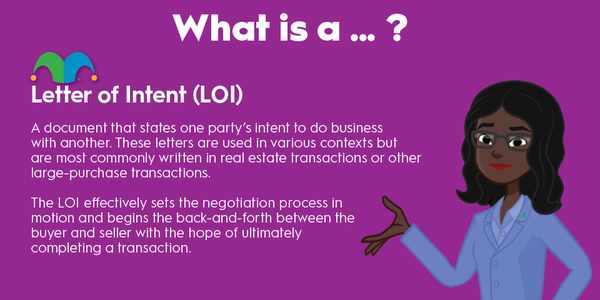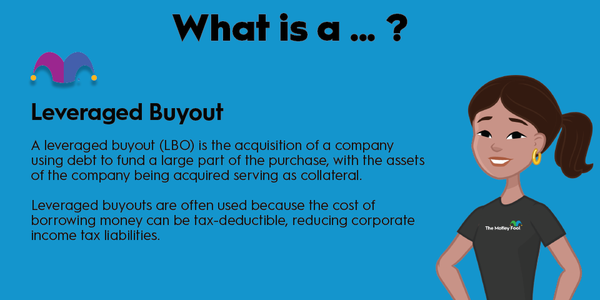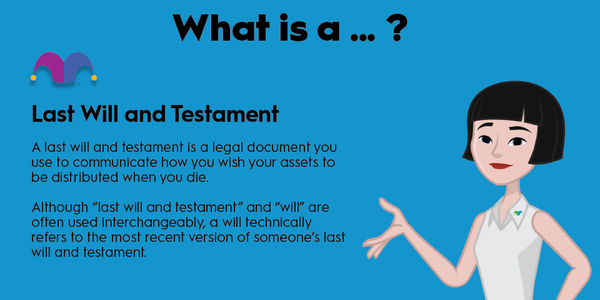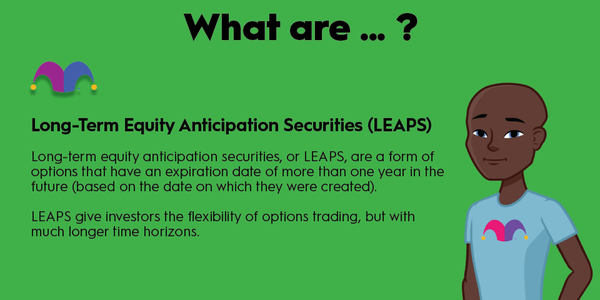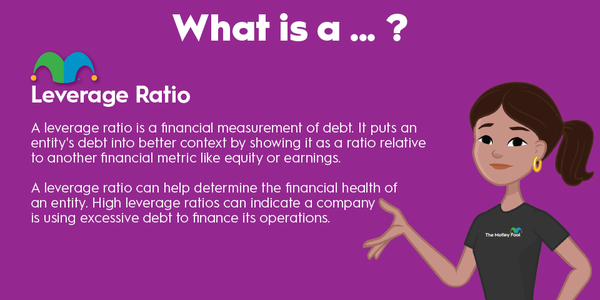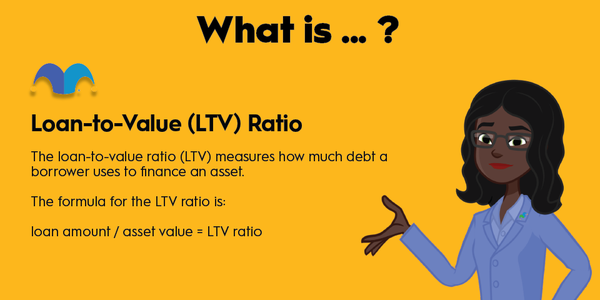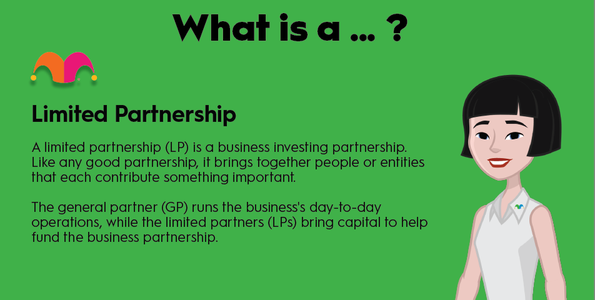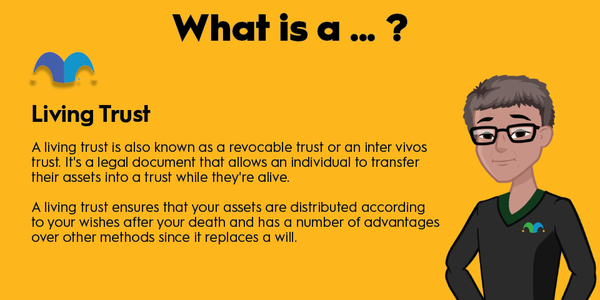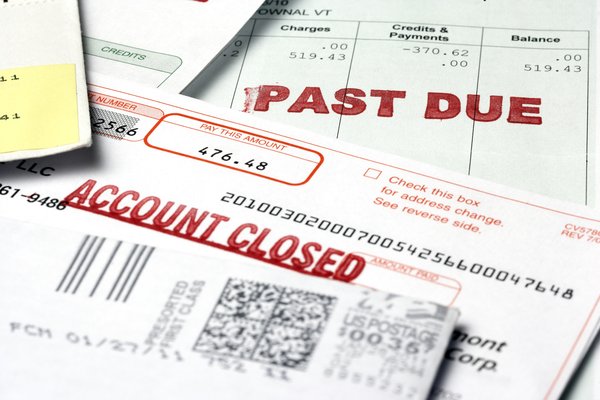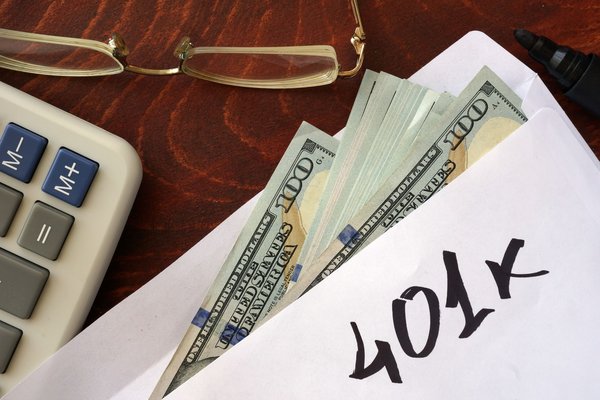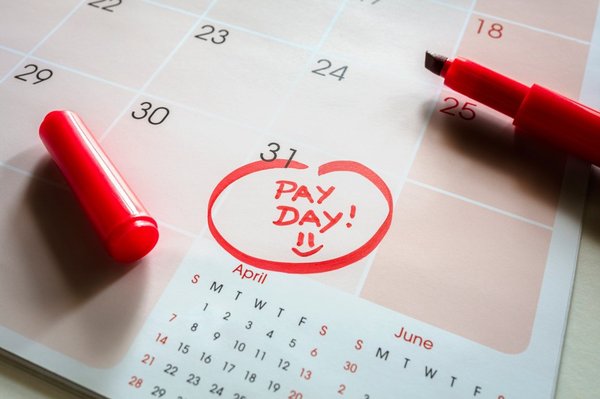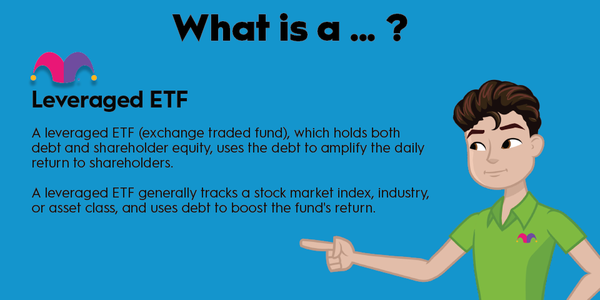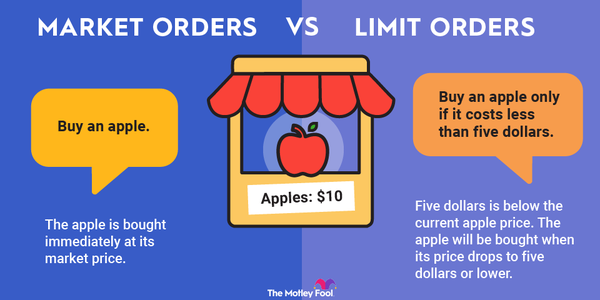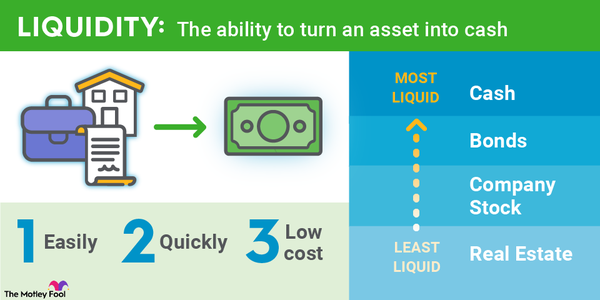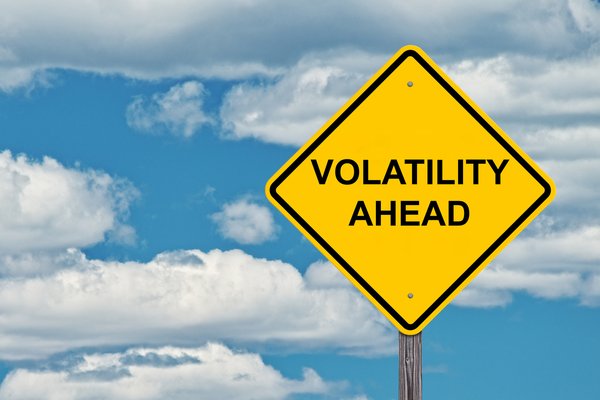Sometimes you buy something outright, but with a lease, you’re simply buying the use of an asset for a while. There are several kinds of leases available, depending on what you’re renting and for what purpose.

What is a lease?
What is a lease?
A lease is an agreement between two or more parties for one party to temporarily take control of an asset of some kind. We typically think of leases as being for buildings or units within a building, but leases can be used for equipment or other assets, as well. For investors, leases of all types are important to consider since many businesses will lease equipment and real estate, though real estate leases are far more universal.
Most people are familiar with basic leases and how they work. There’s an agreed-upon price per time unit (monthly, weekly, etc.) and lease terms, which include how you may or may not use the asset. There’s also a penalty involved in most leases, which the owner of the property can receive if you fail to pay your agreed-upon fee or damage the property significantly.
What are the different types of residential leases?
What are the different types of residential leases?
There are a few different ways to lease a residential property. The one that’s the most familiar to most people is the fixed-term lease. This is a lease for a set amount of time for a set price. The tenant pays one fee to the landlord, and the landlord uses that money to cover their expenses. The landlord can’t ask the tenant for additional money beyond what was agreed upon during the contract period.
Month-to-month leases renew monthly and are often verbal agreements only. These are not great for tenants since their rights to the property only last for the month they’ve paid for, and the landlord can change the terms monthly when the contract renews every 30 days. They’re also not that great for most landlords. Tenants can pick up and move with very little notice since their contract is only for a month and, again, often verbal. Sometimes fixed-term leases will convert automatically to month-to-month leases, but you’ll need to read the lease carefully to be sure.
What are the different types of commercial leases?
What are the different types of commercial leases?
Residential real estate leases tend to have pretty similar terms regardless of the tenant or property, with just a few outliers. Commercial real estate leases, on the other hand, can vary widely; the difference in terms can literally change a typical lease that’s barely breaking even into a highly profitable one.
There are many types of leases, but the most common that you’ll run into with commercial real estate investing are:
- Single-net lease: With a single-net lease, the tenant pays rent and covers the landlord’s property taxes. The owner is still responsible for maintenance and their portion of the insurance.
- Double-net lease: In a double-net lease, tenants are responsible for taxes and insurance, though the landlord may still want to carry their own limited policy and must maintain the property.
- Triple-net lease: Triple-net leases, also known as NNN, are the Holy Grail of commercial leases. Triple-net leases require the tenant to pay taxes, insurance, and maintenance costs, leaving almost no expenses for the landlord to cover while the unit is occupied. These lease types may have additional stipulations, such as percentage rent, but even those kinds of retail leases have a base lease contract involved.
If the real estate investment trusts you’re considering work exclusively with triple-net leases, you can be assured that they’re maximizing the cash flow on their properties.
Why leases matter to investors
Why leases matter to investors
Most investors will never own real estate investment property directly, let alone act as their own property manager or deal with leases on the regular. However, investors should understand leases, even if they don’t invest in real estate stocks. Why? Because leases affect literally every kind of business and show up on financial statements. Knowing what they can mean for your favorite company helps you better understand the bigger picture.
For example, even if you’re interested in manufacturing, it’s important to understand what kind of lease your company has for its buildings. Do they own them all outright? It’s unlikely, but possible. Do they lease some buildings for additional storage and logistics? What kinds of leases are those? Are they inexpensive single-net leases or far more costly triple-net leases?
On the other hand, if you’re investing in real estate investment trusts, leases are going to be your bread and butter. Does your industrial REIT favor triple-net leases and have low property-related overhead, or is it holding the bag on a bunch of legacy single-net leases that continue to cost extra to service? Will it be converting those to more cost-efficient triple-net leases when they expire? It pays to know.

